Bringing Maths into the Home
Understanding the Maths Learner
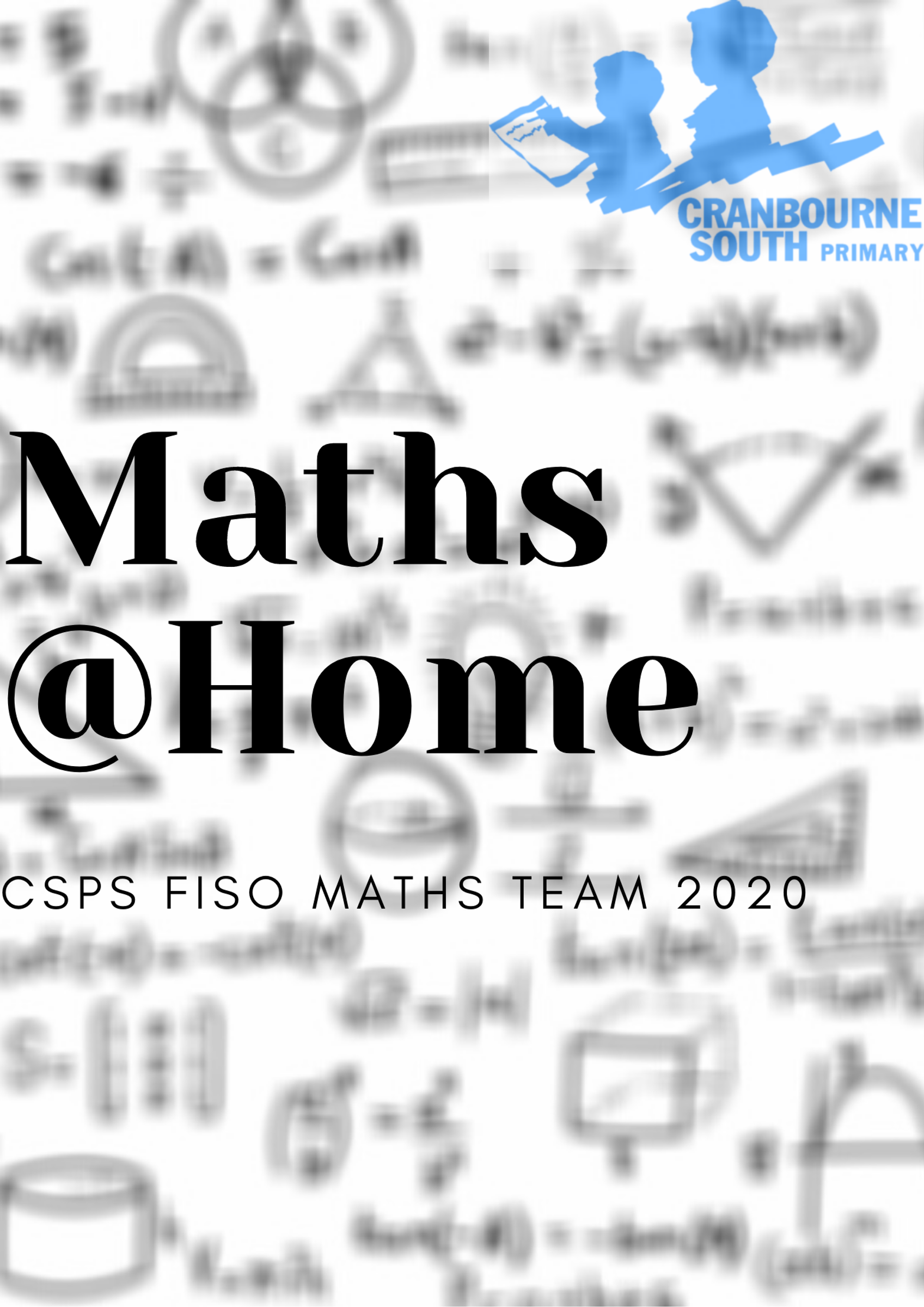
Bringing Maths into the Home
Understanding the Maths Learner
There are four proficiencies which are a central and overarching focus of Mathematics.
The proficiencies of Understanding, Fluency, Problem Solving and Reasoning are fundamental to learning mathematics and working mathematically.
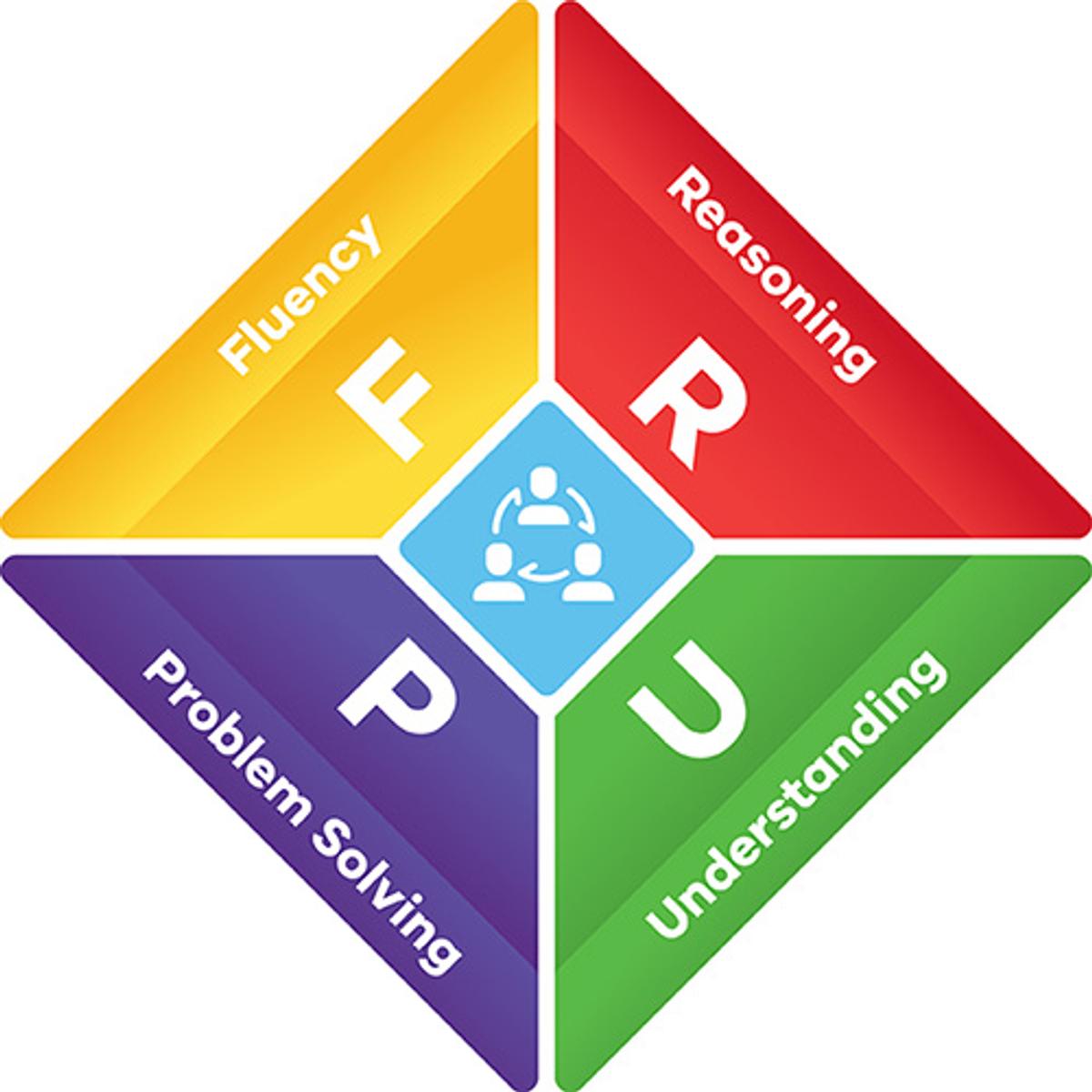

How Important Are The Proficiencies?
Let's put it this way, without these proficiencies, mathematical learning is only about committing facts, rules and procedures to memory, sound familiar? This is the old paradigm of teaching mathematics, rote, repetitive procedures (rules without reason) and shoving them into your brain with the hopes of committing these to memory. These old paradigms of mathematics teaching and learning are the reason so many of us dislike or believe we are not good at maths. Thank goodness research has challenged these archaic ways of mathematical thinking and challenged educators with the task of "teaching for robust understanding" by creating mathematical learners who wrestle with concepts and share conjectures, predictions and methods.
What value would there be in learning mathematics if it did not prompt curiosity or build the capacity, skills or tenacity of learners to solve and pose meaningful problems?
Examples of student mathematical thinking and exploration using "The Maths Quest" acitivities during remote learning.

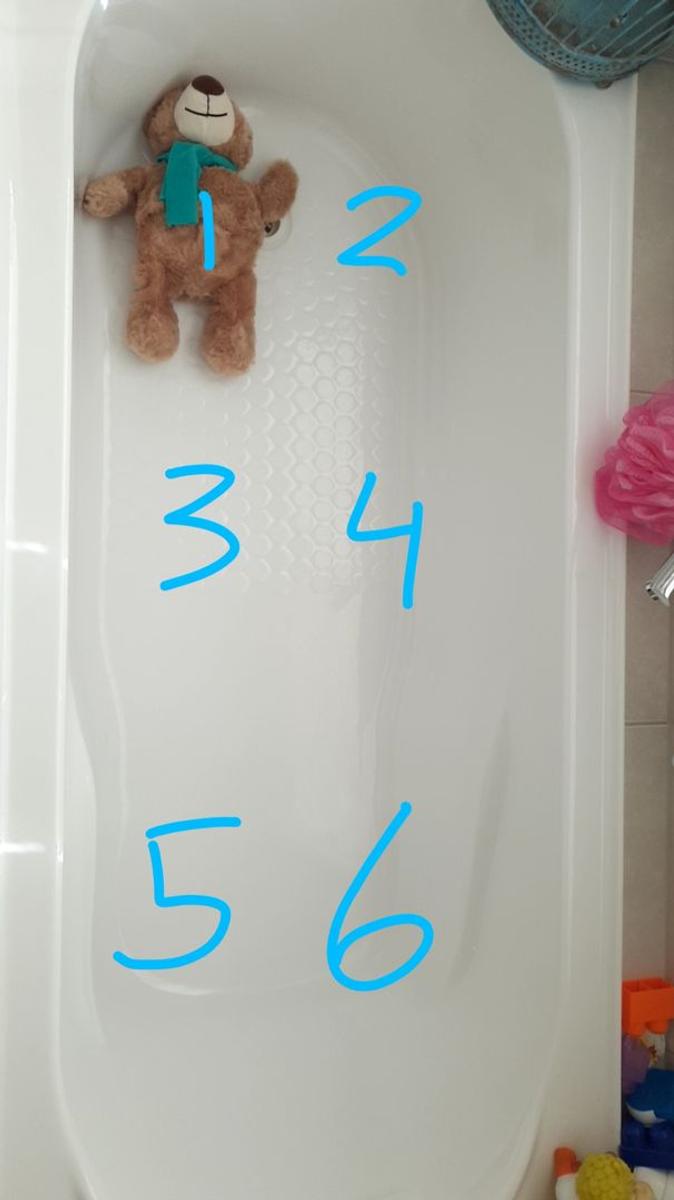


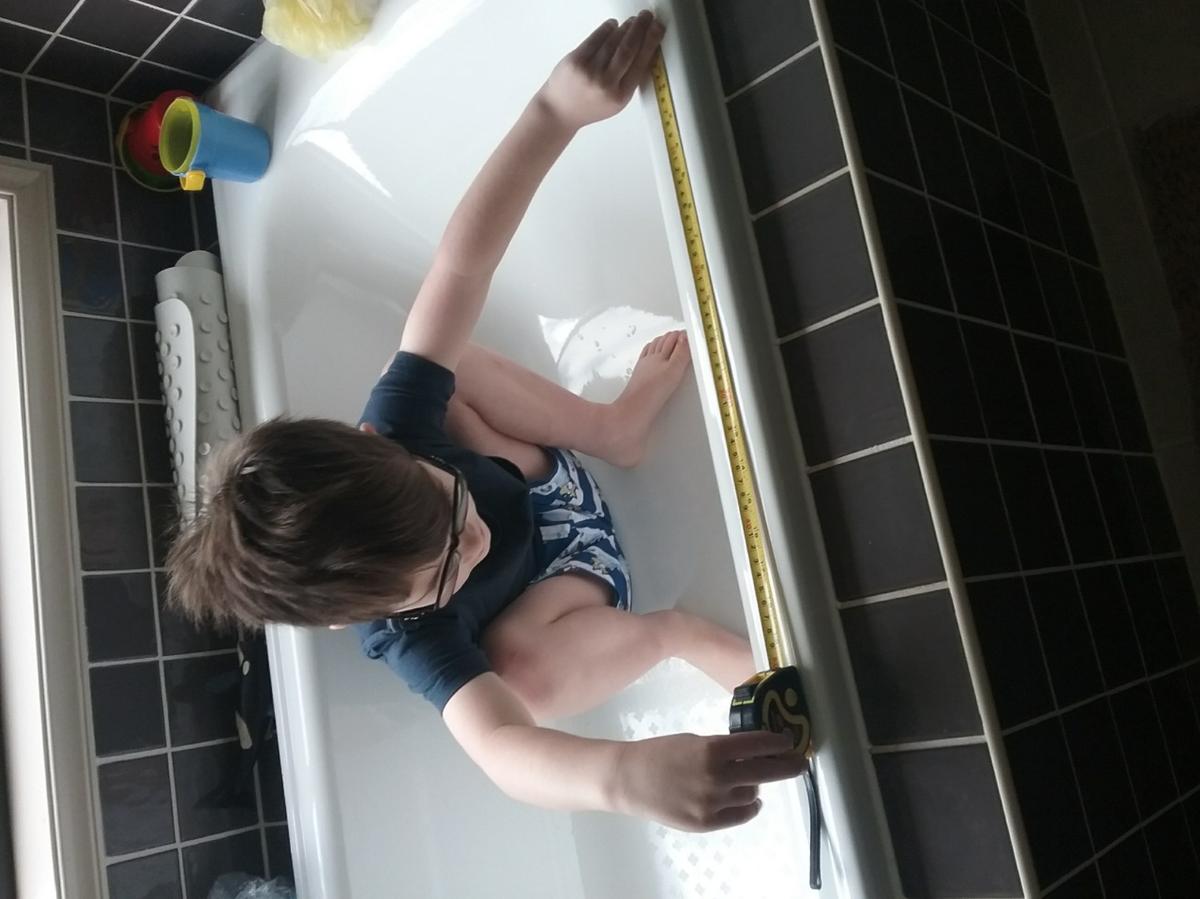

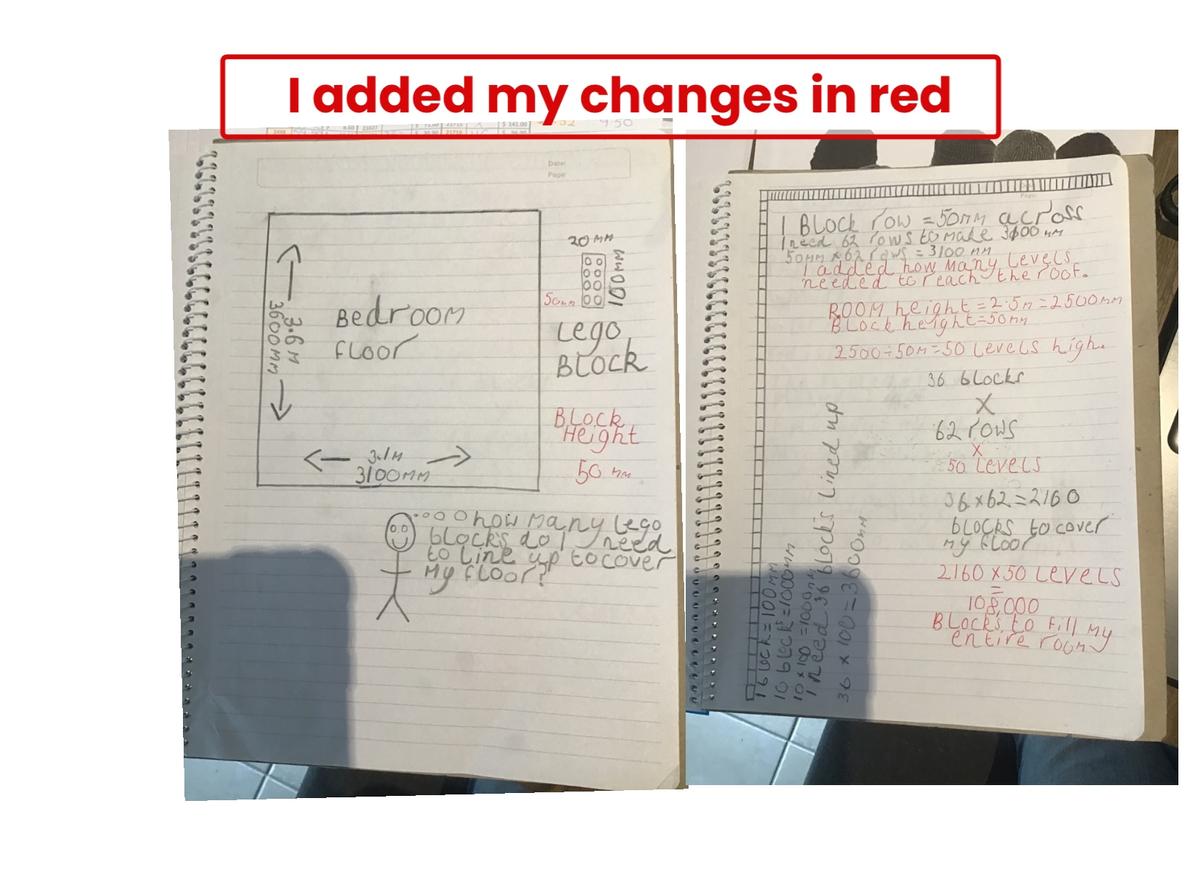

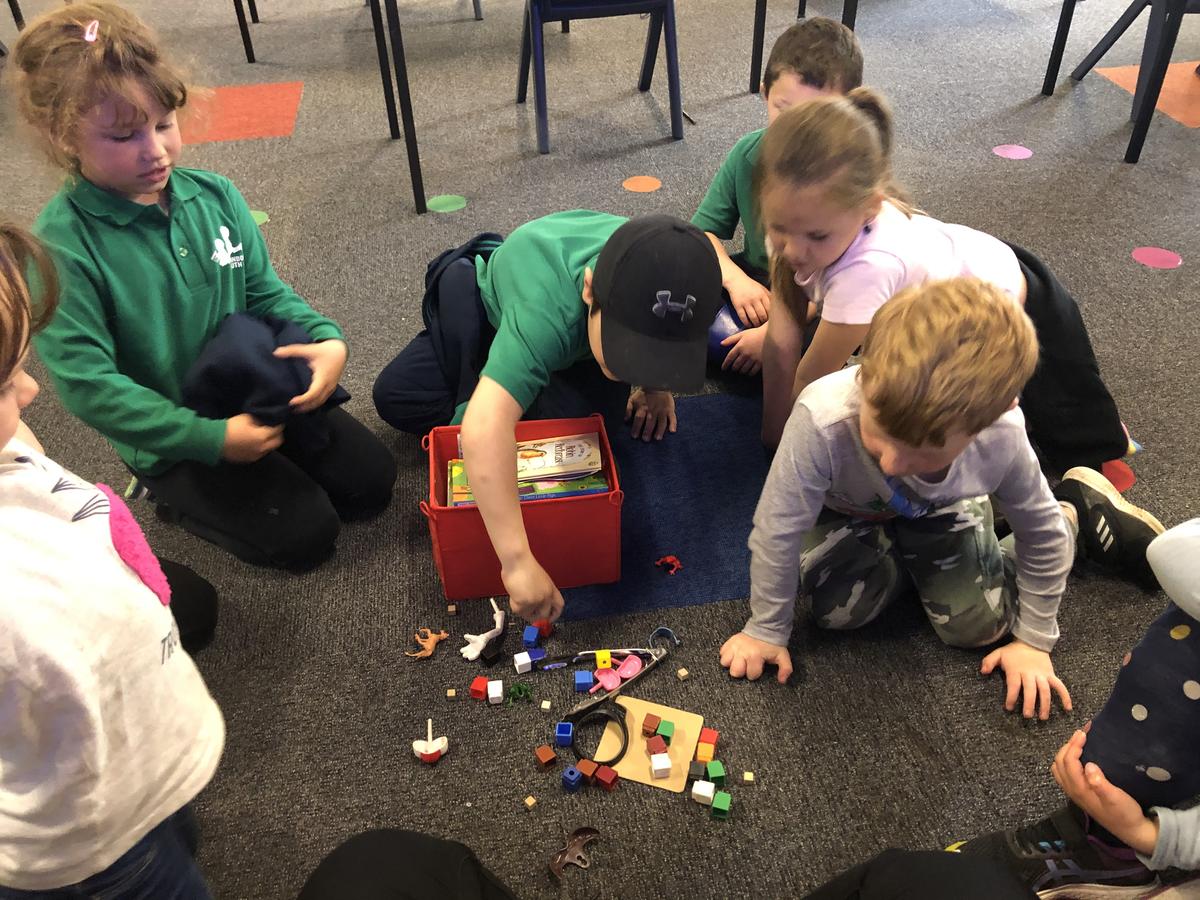
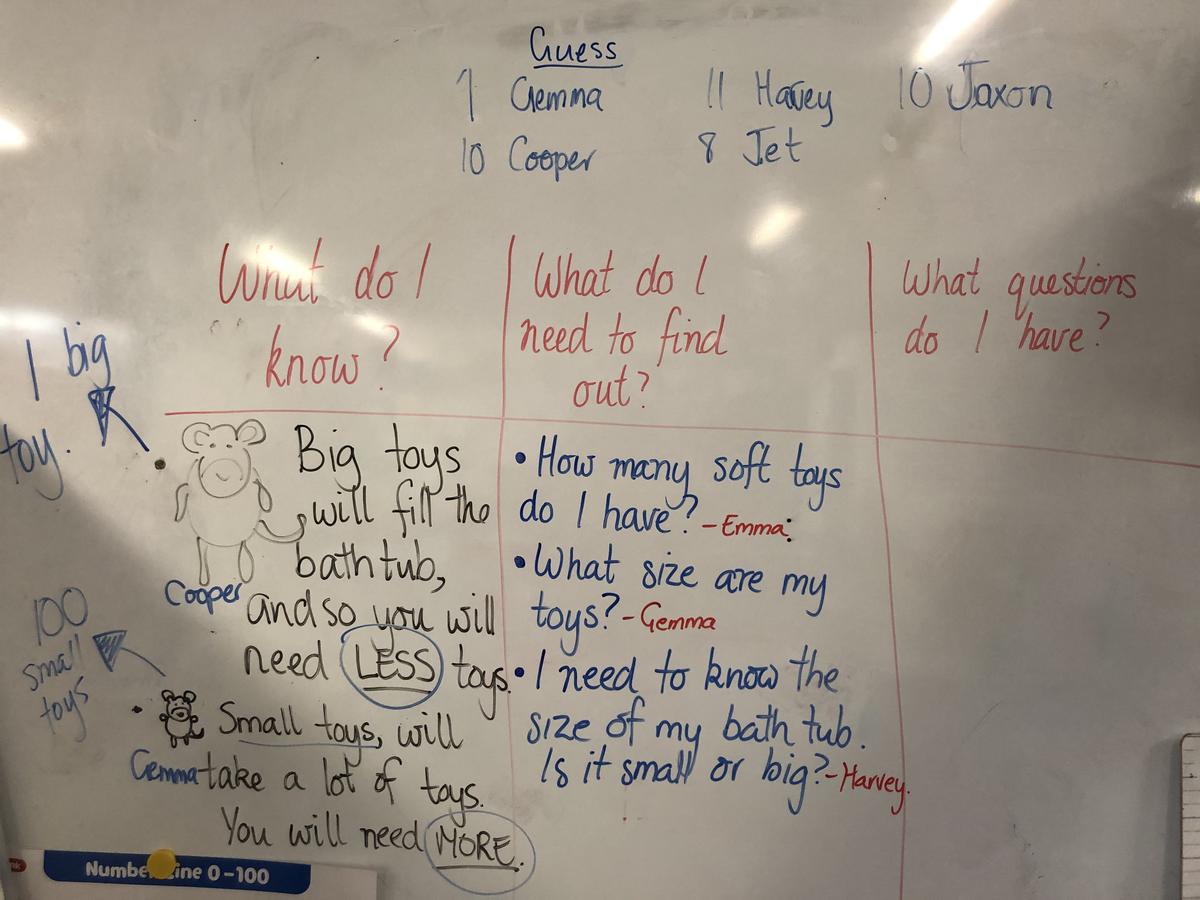






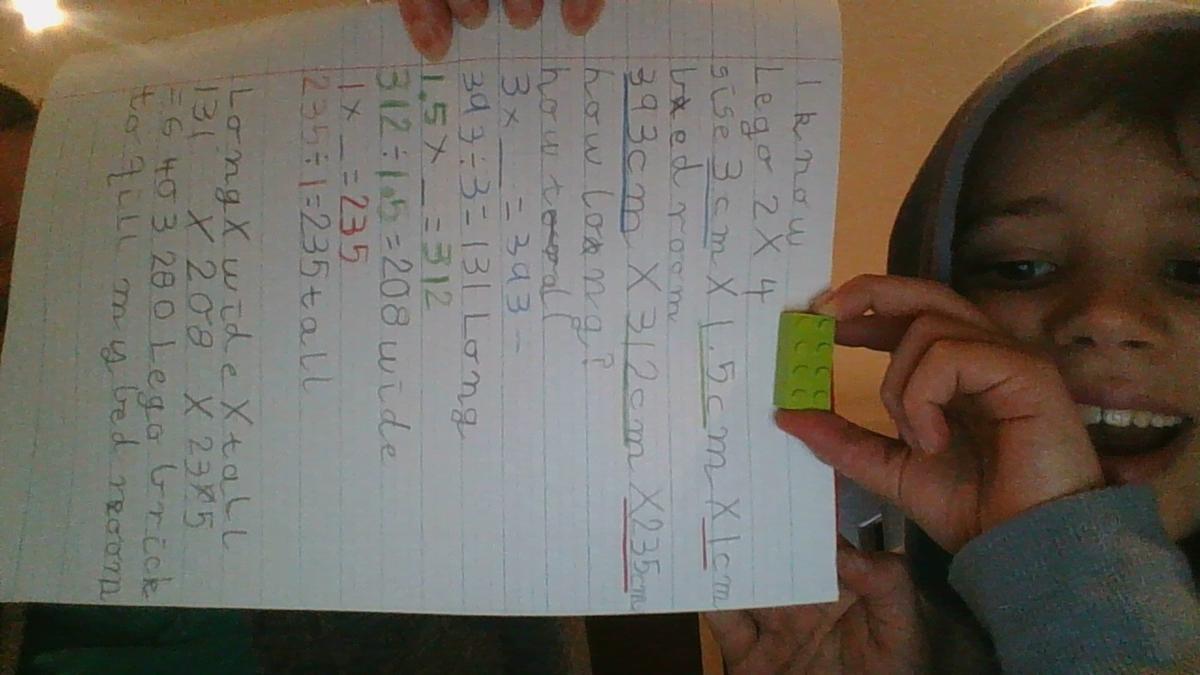
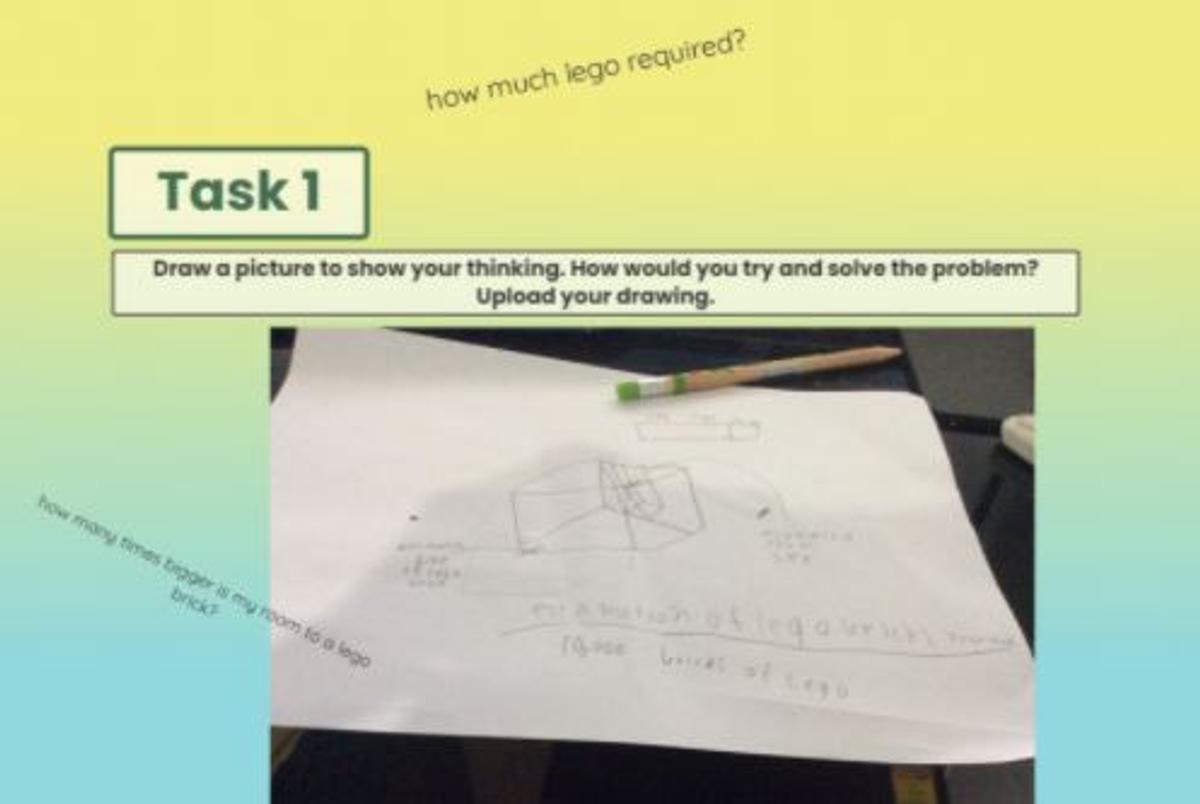




















The Role of The Learner.
If students are to develop the four proficiencies in maths, they must believe that mathematics is understandable, not fixed and with hard work, anyone can learn maths. Teachers know the significance of a growth mindset when it comes to creating a mathematical learner. A growth mindset has also been recognised as being an integral component to shifting learners view from "I can't" often to "I can" or "I will." This is the work of Carol Dweck (2006) which is explained a further in Episode 2 of Maths@Home.
So the first step in creating a mathematical learner is to develop and encourage a growth mindset. At the beginning of every year and revisited every term is the development of a positive maths classroom, using the work of Jo Boaler (2016). This is where we discuss how the brain works and shifting from shadow words like, "I'm not good at this" or "I can't do it" into light words like, "I can" or "I believe I can do this." I will explore this in-depth in the next episode of Maths@Home.
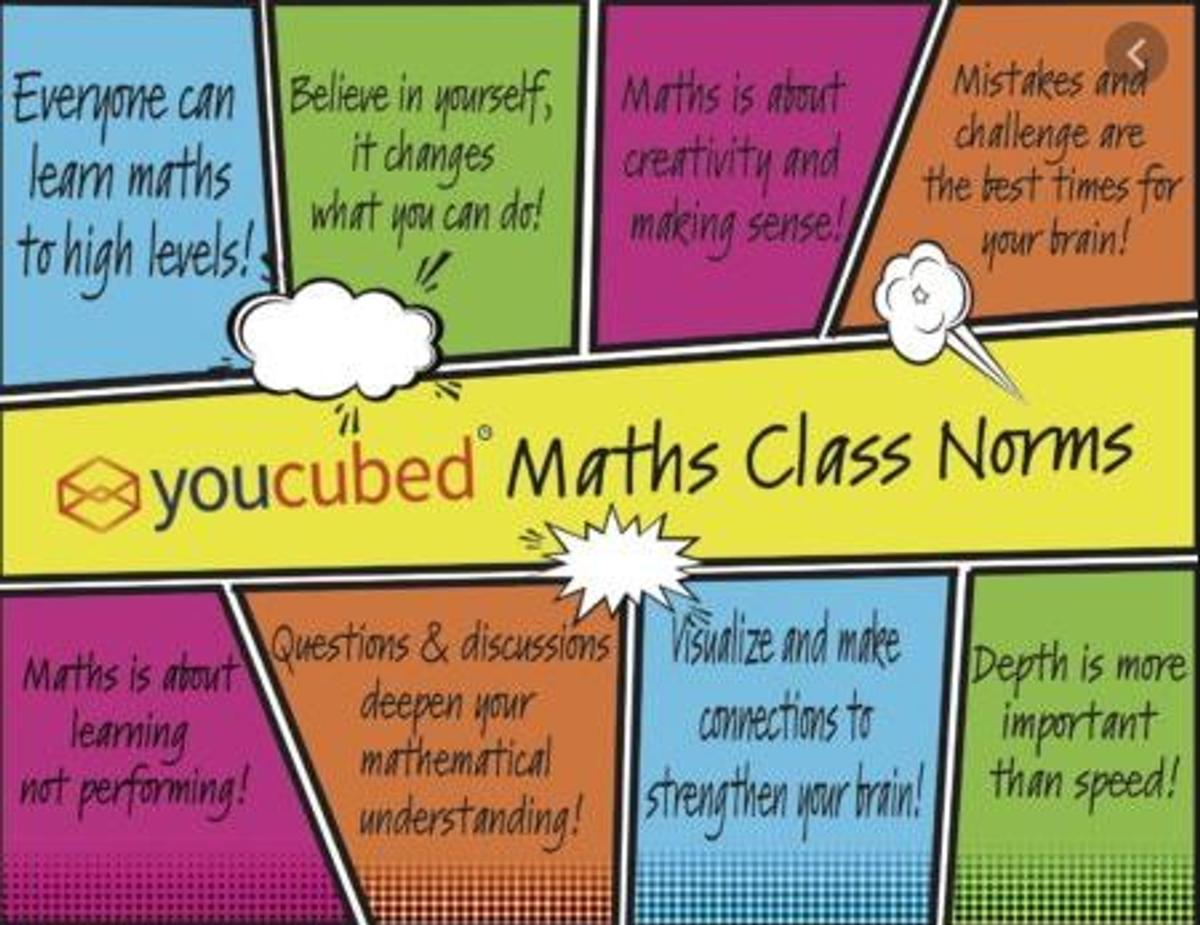

Watch this example of a student in year two using mathematical dialogue and thinking out loud.
Where Do Parents Fit In The Role Of The Learner?
A parents role is extremely vital. Research tells us that mothers who shared the idea that they were not good at maths or they disliked maths with their daughters, their daughter's achievement went down.
Parent's don't like seeing their child struggle but understanding that the struggle is where the brain grows is a great teachable moment for your child to understand. We need to be mindful of our reactions as parents. The way we react to the wrong answer and to questions we don't understand can cause maths anxiety in your child. The antidote to maths anxiety is calmness and praise in the work effort and not about being smart. Praising intelligence can cause a fixed mindset where anxiety around getting an answer incorrect will discourage working through challenging problems and encourage giving up easily.
Also, and dare I say it, but worksheets are not the best way to teach maths. It is one way to practice Fluency but does not teach conceptual understanding.
We need to shift from these old paradigms of "That's the way I learned maths" to what the research is telling us.
For more on developing a growth mindset for your child in maths, watch Episode 2: Mathematical Mindsets.

